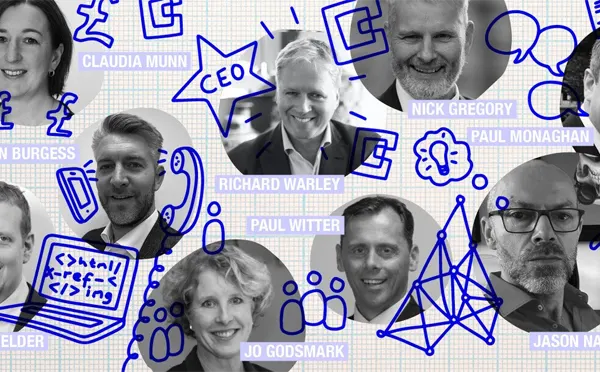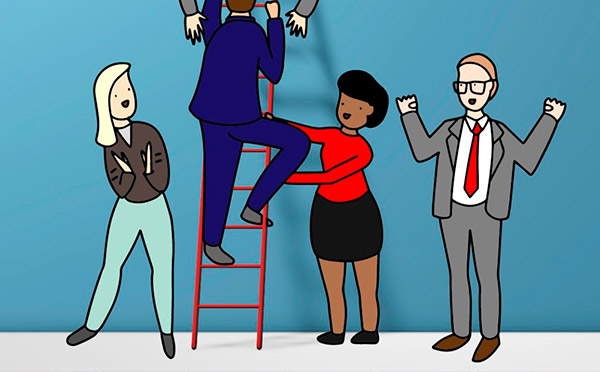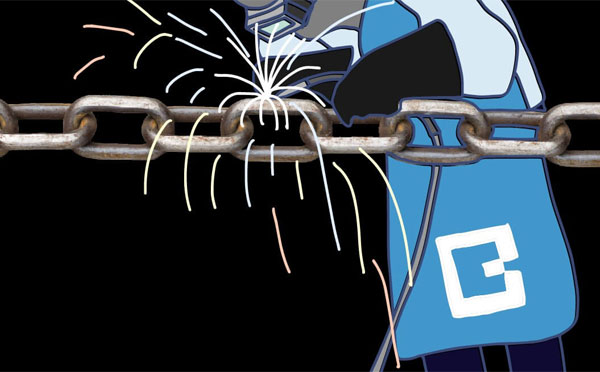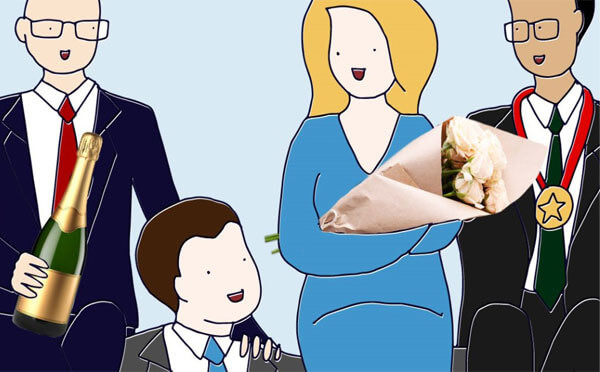When you surround yourself with talented, driven people, wonderful things happen. That’s always been my experience, anyway.
Over the past eight years, BigChange has been on an extraordinary growth journey. I have been blessed to have many outstanding individuals by my side for this epic ride. People have hopped on the bus at various points, bringing their skills to bear, and helping us all get to the next big milestone.
I’m so grateful to all the leaders, managers, colleagues, customers and supporters who have helped us get to where we are today.
Right now, we’re at another inflexion point for the business: the moment that BigChange goes from a mid-size contender to a global superstar. To help us on this next leg of the journey, a few more brilliant people have come on board. I’d like to tell you a bit about them and hopefully provide some insight into how the talent you have at the top evolves with the needs of the business.
Firstly, as most of you know, I moved into the role of chairman earlier this year. This was an important move, which freed me up to focus on big strategic projects, and gave the other leaders on the team the space to make an impact, while still supported by me. This has been great for the business and the team.
Richard Warley, who became our CEO, has been a talent manager of the business since taking the reins in July. He is passionate about BigChange and has an extraordinary depth of experience running billion-pound companies. Together, we are working towards turning BigChange into a unicorn – and we hope to do this in just a few years. When you go from start-up to scale-up, you need an experienced grower of businesses on the team, and Richard is the steady hand on the tiller we need during this time of intensive growth.
Andy Fielder is our new Chief Technology Officer, joining just three months ago. He has 30 years’ experience building technical projects and growing hi-tech businesses. In his last business, he led a team of 120 people, based across the UK and Poland. He understands how to engage and motivate technical teams across the world, and how to put the customers’ needs first in a technology platform.
Jo Godsmark remains our COO but her role has evolved to focus even more on our people, our key objectives and results (OKRs) and our ISO accreditations. Jo is an engineer with 30 years experience in logistics and supply chain, which means she gets our marketplace better than anyone. She is also Chair of Transaid, the transport charity we have supported for many years.
One of the great things about having Richard on board is that he has been instrumental in bringing in great new talent. One of his recruits is Ian Burgess, now our Chief Customer Officer, with whom he worked at Lumen Technologies. Ian’s approach to customer excellence is much like mine: he’s not afraid to pick up the phone and talk to our clients about what they need. He’s comfortable at the coal face and is passionate about effecting positive change. It’s great to have him on board.
Paul Witter, who has been with BigChange three years, is our Chief Partnerships Officer. He started at BigChange in Network before joining the finance team in an interim CFO role, so has a wealth of experience from across the company – which is essential in his partnerships role. Before joining BigChange, he was a customer, so he understands the needs and pressures that our customers face each day. His background in facilities management has been invaluable to the company.
Our new CFO, Claudia Munn, who joined in August, has worked at some of the world’s most successful companies, from Johnson & Johnson to Tesla and Volvo. She is bringing rigour and process to the finance function to ensure we are ready for the next phase. She’s only been here five months, yet we are already seeing the fruits of her labours across the company. She has taken all that is valuable from her blue chip career but is also an agile and innovative thinker – exactly what you need at this stage of a business’ growth.
Heading up our marketing team is Nick Gregory, who joined us earlier this year. Nick is a former athlete – he was on the GB canoe team back in the day – and brings that focus and energy to his role at BigChange. He previously worked at IRIS and Oracle, so his understanding of business/finance software is unrivalled, which helps him really communicate our USPs to our customers and the broader business community.
We love self starters here at BigChange, and Paul Monaghan is someone who is capable and adept at turning opportunities into great things. He spent 12 years at West Unified Communications, rising through the ranks to become Vice President of Sales EMEA, before joining Lead Forensics as Global Sales Director. He joined us as Chief Sales Officer last month and we’re very lucky to have him on board.
Our most recent hire is Jason Nash, whom I first met during my Masternaut days. Back then, he was working for Microsoft and I was impressed by his people skills and technical competency. It was a great coup when he agreed to join us (after just six months of my badgering). He led a 100-strong team in his last full-time position at Travelport. He was the only person I could see taking on our Head of Product role and he is ideally placed to ensure that BigChange remains the best-in-class platform out there.
It’s taken nine months to refine the leadership and now I feel like we’re ready for the next chapter. We have the absolute best team for the challenges and opportunities that BigChange faces right now, and we are all pulling in the same direction, as one.
It means a lot to me that our customers and partners all get to know these leaders within the business, and that they feel supported as they transition into their new or evolving roles. I can’t wait to see what the future holds in store for us all.









